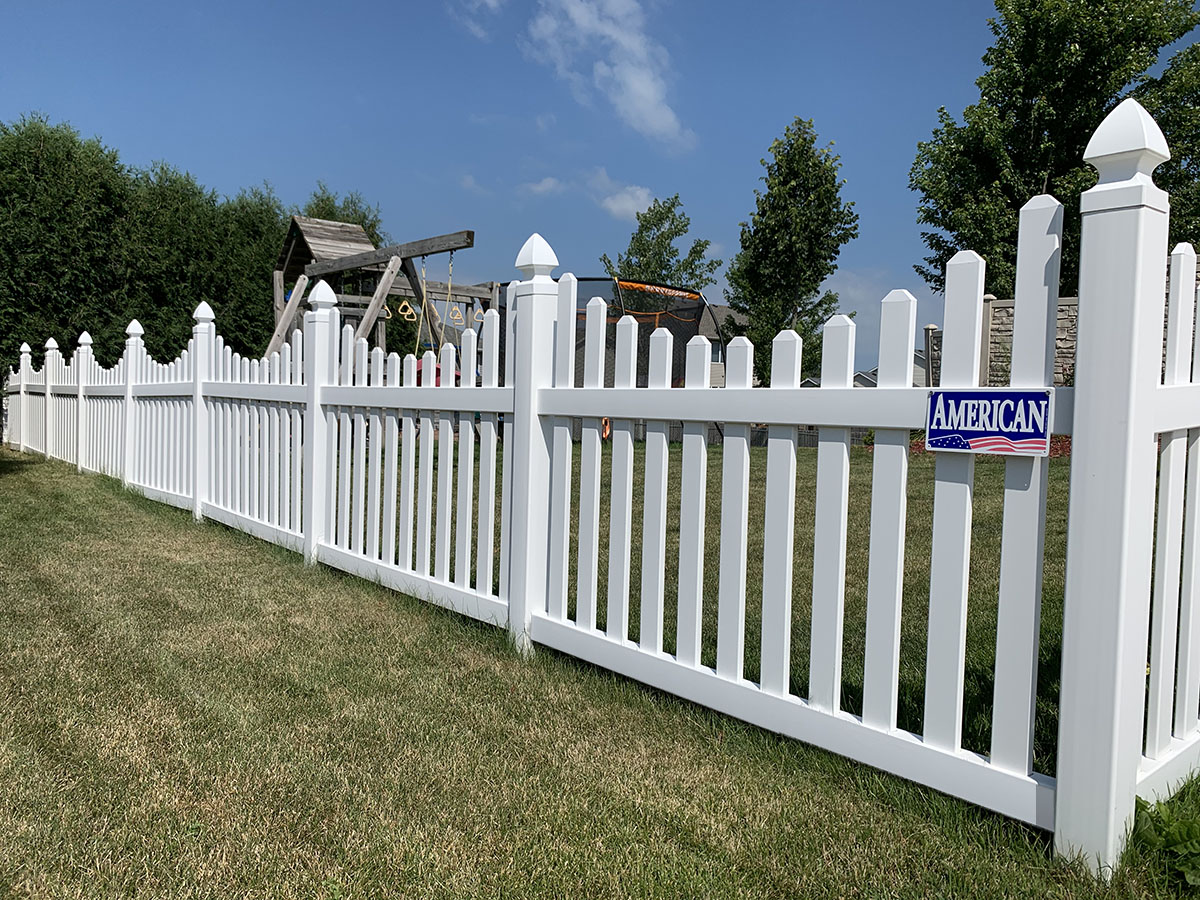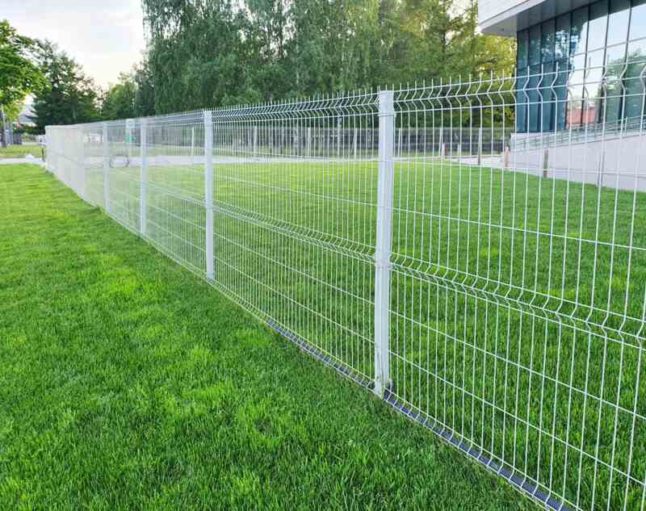All Categories
Featured

When mounting a fence, selecting the right product is crucial to stabilizing capability, aesthetics, and spending plan. Timber, plastic, and aluminum are amongst one of the most generally chosen fencing materials, each with its staminas and drawbacks. This guide discovers the benefits and drawbacks of these choices to assist you make an informed decision.

Timber Fencing. Pros:. All-natural Beauty: Wood's classic beauty can boost any kind of residential property with its classic and cozy appearance. Customizable: You can paint, stain, or sculpt timber to fit your design preferences. Affordable: Timber fencing is initially a lot more budget-friendly compared to some various other materials. Environmentally Friendly: As a renewable energy, wood is naturally degradable and usually considered green. Disadvantages:. Maintenance-Intensive: Normal securing, painting, or staining is needed to avoid damages from climate and insects. Prone to Degeneration: Without correct care, wood can rot, warp, or fracture in time. Much shorter Life expectancy: Typically, wood fencings last 10-15 years, depending on the kind of wood and maintenance. Wood is a great alternative for those that value aesthetics and agree to invest in routine maintenance to protect its look and longevity.
Plastic Fencing. Pros:. Low Upkeep: Vinyl requires very little care-- just occasional cleaning with soap and water. Weather condition Resistant: It does not warp, rot, or give in to insect damage, making it very long lasting in different climates. Long life: Plastic fencings can last 20-30 years with little to no repair services. Design Selection: Available in a broad variety of shades, styles, and textures, including wood-like looks. Cons:. Higher First Cost: Plastic fences are much more expensive ahead of time compared to wood. Vulnerability to Cold: In incredibly chilly climate, plastic can end up being susceptible and fragile to splitting. Limited Repair Service Options: Matching replacement panels can be testing if damages happens. Plastic fencing is perfect for home owners trying to find a durable, low-maintenance service that supplies modern versatility.

Light Weight Aluminum Fence. Pros:. Rust-Proof: Aluminum stands up to rust, making it an excellent option for damp or damp environments. Durable: Despite being light-weight, aluminum is solid and can hold up against rough climate condition. Reduced Maintenance: It calls for marginal maintenance, usually just occasional cleansing. Long Lifespan: Light weight aluminum fences can last decades without substantial deterioration. Classy Layout: Often used for ornamental objectives, aluminum fencing adds a sleek, sophisticated look to properties. Cons:. High Preliminary Financial investment: Aluminum fences are amongst the pricier choices on the market. Much less Privacy: The open designs typical with light weight aluminum fence don't supply much personal privacy. Prone to Damages: While resilient, aluminum can damage if struck with adequate pressure. Light weight aluminum is an exceptional selection for house owners prioritizing visual appeals and toughness without calling for much maintenance.
Making Your Choice. When choosing between timber, light weight aluminum, or plastic fence, consider your top priorities:
Timber fits those that value an all-natural appearance and do not mind placing in upkeep effort. Plastic is the best option for those seeking a low-maintenance, weather-resistant option. Aluminum provides streamlined design and long-lasting durability but might lack personal privacy. By very carefully assessing these materials' features, you can choose a fence that matches your residential or commercial property while satisfying your visual and functional demands.
Latest Posts
Check Out the Premier Auto Repair Offers in Montclare, Chicago
Published May 24, 25
1 min read
Join Your Financial Partner at WyHy – Key Tools for Your Financial Success
Published May 24, 25
1 min read
Explore WyHy FCU – Top Benefits for Your Financial Success
Published May 23, 25
1 min read
More
Latest Posts
Check Out the Premier Auto Repair Offers in Montclare, Chicago
Published May 24, 25
1 min read
Join Your Financial Partner at WyHy – Key Tools for Your Financial Success
Published May 24, 25
1 min read
Explore WyHy FCU – Top Benefits for Your Financial Success
Published May 23, 25
1 min read